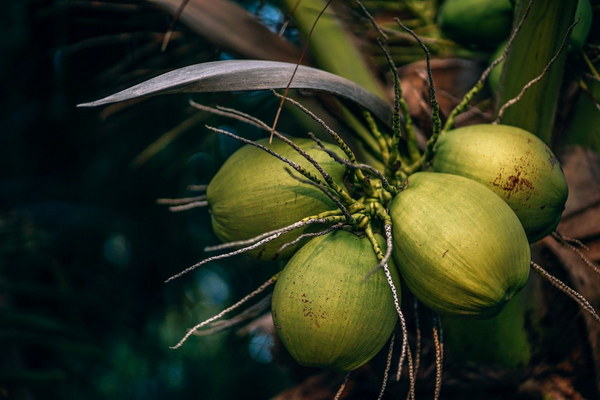Navigating the Winter Solstice Nurturing Yang Qi through Chinese Health Practices
The Winter Solstice, known as Dà Hán in Chinese, marks the longest night and shortest day of the year. It is a time when the natural world slows down and the energy within us, known as Yang Qi, begins to retreat. This annual phenomenon offers a valuable opportunity to align with nature's rhythm and engage in practices that enhance our well-being. In this article, we will explore the significance of Yang Qi during the Winter Solstice and delve into traditional Chinese health practices that can help us nurture and balance our vital energy.
Understanding Yang Qi
Yang Qi, often translated as vital energy or life force, is a central concept in Traditional Chinese Medicine (TCM). It is believed to flow through the body, maintaining balance and harmony in our physiological and psychological functions. During the Winter Solstice, Yang Qi is at its weakest, which can make us more susceptible to illness and stress.
The Winter Solstice and Yang Qi
The Winter Solstice is a time when the natural world is at its most yin, or passive. This corresponds to the decline of Yang Qi within us. To counteract this, it is essential to adopt practices that help boost our Yang Qi and maintain a balance between yin and yang.
Traditional Chinese Health Practices
1. Acupuncture and TCM Therapy
Acupuncture, a key component of TCM, involves inserting fine needles into specific points on the body to stimulate the flow of Qi. During the Winter Solstice, a TCM practitioner may focus on points that enhance Yang Qi and support overall well-being.
2. Diet and Nutrition
Chinese nutrition emphasizes the importance of balancing yin and yang in our diets. During the Winter Solstice, it is advisable to consume foods that are warm and nourishing, such as root vegetables, nuts, and grains. Here are some traditional Chinese foods to consider:
- Winter Melon: Known for its cooling properties, winter melon can help balance yin and yang, making it an excellent choice during the Winter Solstice.
- Goji Berries: These berries are believed to boost Yang Qi and support overall vitality.
- Red Dates: High in iron, red dates are known for their warming properties and can help boost energy levels.

3. Exercise and Movement
Regular exercise is crucial for maintaining Yang Qi during the Winter Solstice. However, it is essential to choose activities that are not too vigorous and do not overexert the body. Here are some recommended exercises:
- Tai Chi: This gentle, meditative form of martial arts promotes the flow of Qi and helps balance yin and yang.
- Qigong: Similar to Tai Chi, Qigong focuses on breathing, movement, and meditation to enhance Yang Qi.
- Walking: A simple and effective way to boost Yang Qi, especially in nature, where the energy is at its most potent.
4. Aromatherapy
Aromatherapy can also help boost Yang Qi during the Winter Solstice. Essential oils such as cinnamon, ginger, and clove are believed to be warming and can help stimulate energy levels.
5. Rest and Relaxation
Lastly, it is essential to prioritize rest and relaxation during the Winter Solstice. This may involve taking a warm bath, practicing meditation, or simply curling up with a good book in a cozy environment.
Conclusion
The Winter Solstice is a time to honor the natural world's rhythm and nurture our Yang Qi. By adopting traditional Chinese health practices, we can support our well-being and maintain balance during this season of transition. Remember, the key to enhancing Yang Qi is to focus on warming, nourishing practices that align with the season's energy. Embrace the Winter Solstice as an opportunity to reset and rejuvenate, and you will be well on your way to a healthier, happier winter season.









